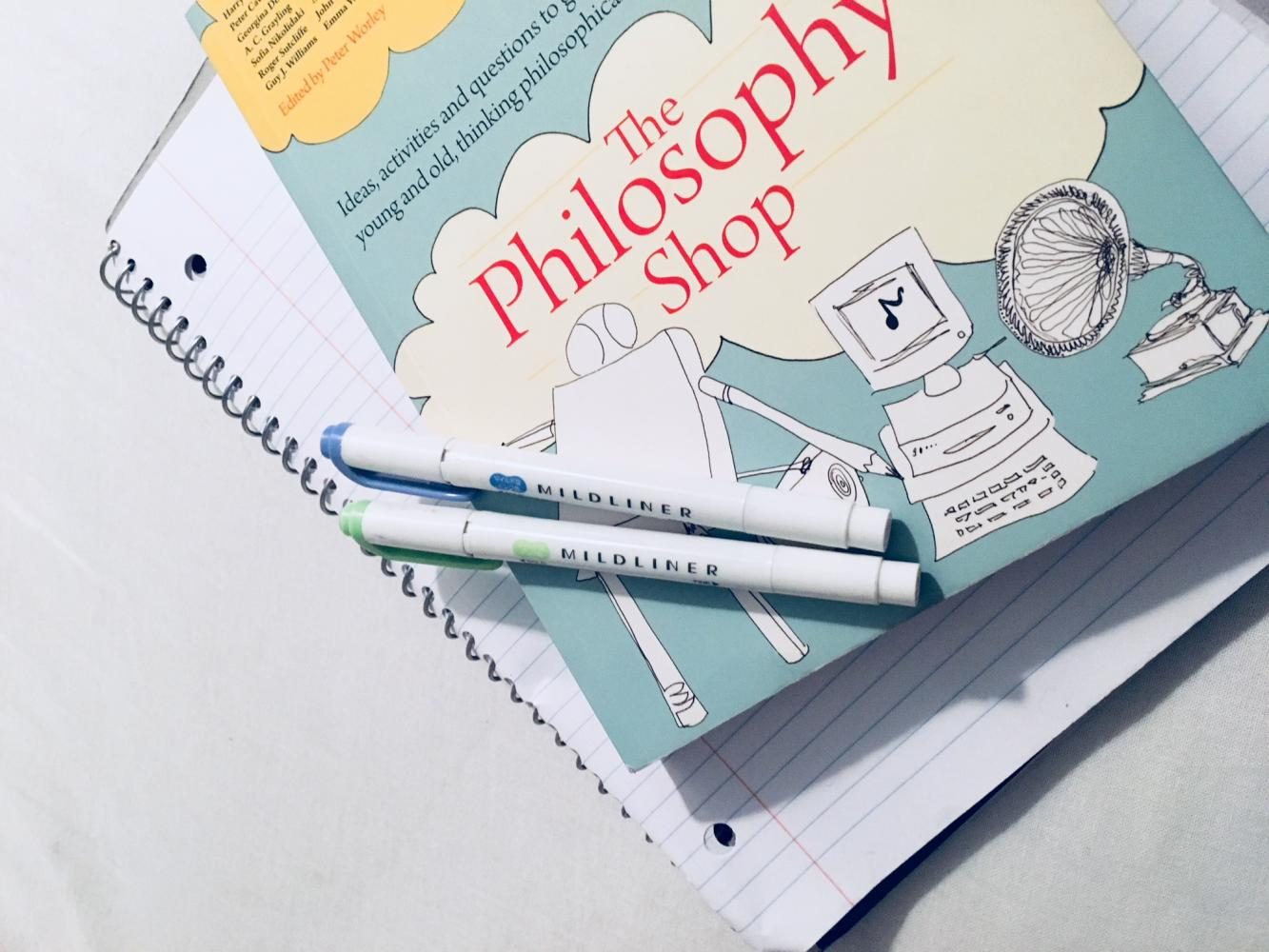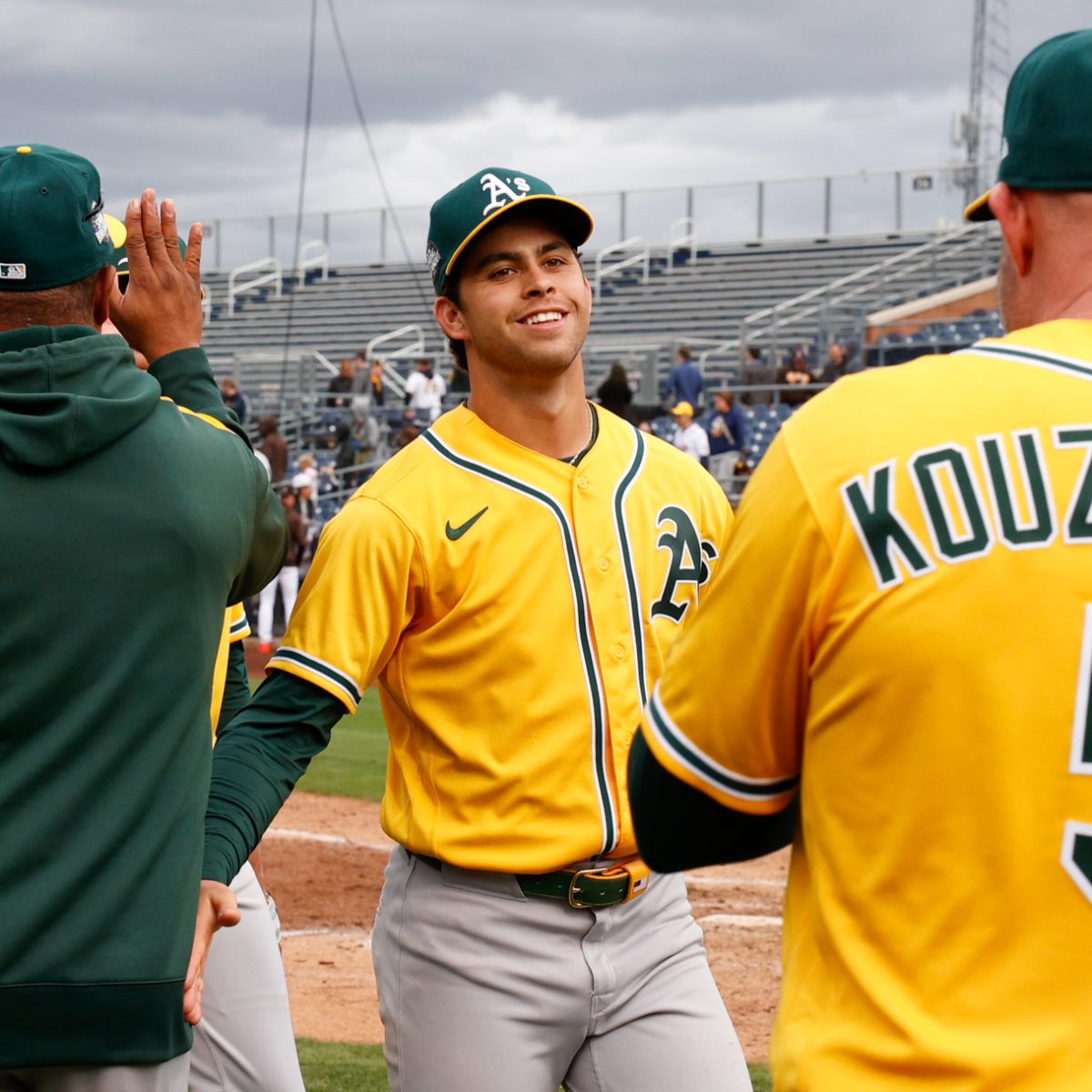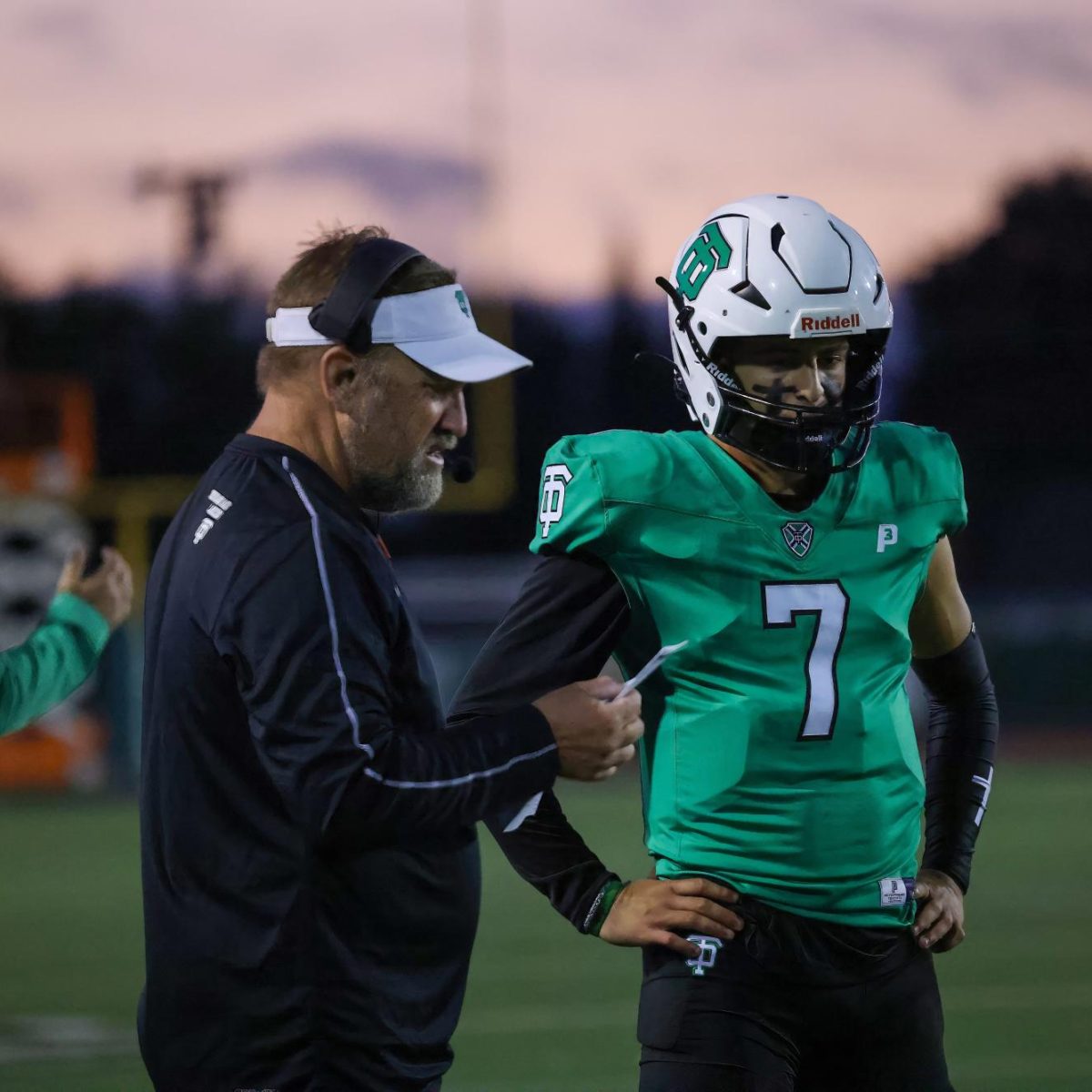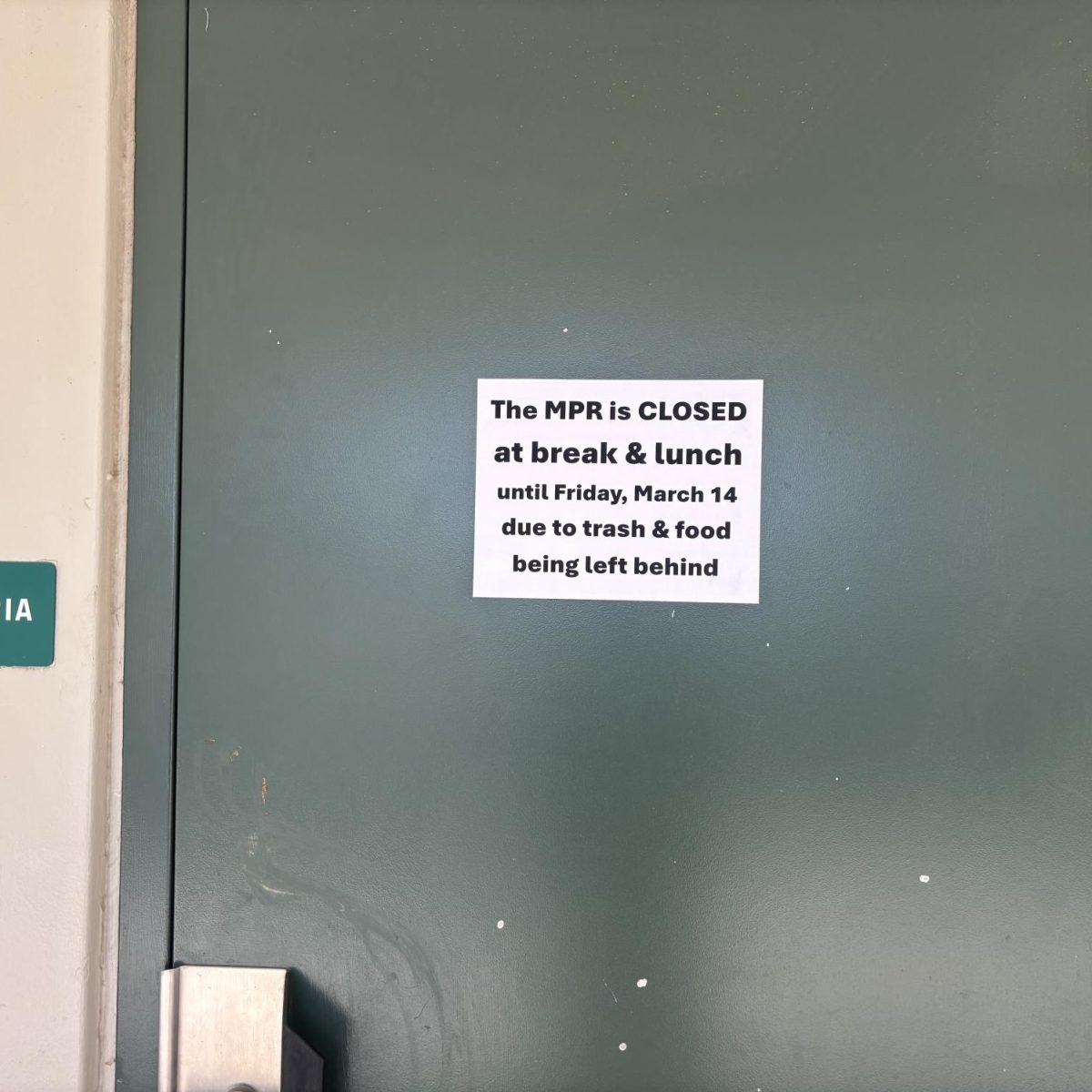Though many students choose classic electives like art or woodshop when trying to fill their schedule, a small section of the student population each year chooses to take the Philosophy and Comparative Religion class. This class, taught by AP Literature teacher Felix McGinnis, was created around ten years ago when a group of students in his english class started to take a particular interest in philosophical discussions. A philosophy club was born, and soon after the Philosophy and Comparative Religion class.
Philosophy is a unique subject because it seeks to examine abstract concepts with an approach very similar to the scientific method. Instead of testing ideas with scientific equipment or calculations philosophers use logic as their main tool. This makes philosophy a lot less structured than hard sciences like chemistry and physics and allows more room for discussion. For McGinnis, it is this unconventional approach to educating students that draws him to philosophy: “it’s not just informing the students about various philosophers,” said McGinnis, “we get to ask certain kinds of questions and deal with them philosophically”
Though philosophy does provide more freedom in the classroom for discussion and debate, McGinnis acknowledges that the structure it does demand can make it more restricting than other subjects like literature “[Philosophy] wants to have those who are right and those who are wrong” McGinnis said “whereas literature has this kind of power to undo the kinds of structures that philosophy builds up.”
For Senior Leslie Mejia, Mcginnis’ class was the first time she was exposed to Philosophy in an academic setting. Though she was originally placed in the class because she had extra space in her schedule, it has become a subject she greatly enjoys. “I’m glad they [put me in Philosophy] because it’s actually really cool” Mejia said “It has definitely made me rethink certain situations.”
The Philosophy and Comparative Religion class is not the only way students are engaging with the topic of Philosophy though. This past June, the first ever SoCal Philosophy Academy was held at CLU. In this weeklong philosophy camp for high schoolers, students carefully examined the three main topics of philosophy: Metaphysics, Epistemology, and Ethics. The course was led by CLU Philosophy professor, Dr. Brian Collins, and took place the first week of summer. Senior Elise Okayama had her first opportunity to learn about philosophy at the academy. In her opinion, one of the most captivating parts of the camp was contemplating the definition of the present. “The chapter we did on time really stuck with me. I never thought that defining the past present and future would have such a diverse answer.”
Though philosophical questions, like “what defines knowledge?” or “do we have free will?”, require critical thinking, creativity, and many other skills schools hope to help students develop, philosophy is playing an increasingly small role in our education system. This could be, as McGinnis suggested, because of differences many have observed in younger generations. “Philosophy doesn’t work unless you’re willing to go into stuff.” McGinnis said “[Today] kids are less and less willing to slow down and consider stuff.” Though this may be, in our area at least, teachers and students alike are trying to preserve this ancient practice.






